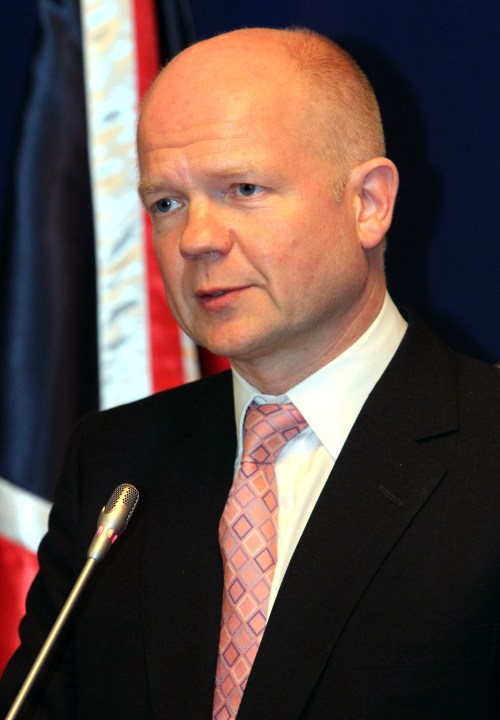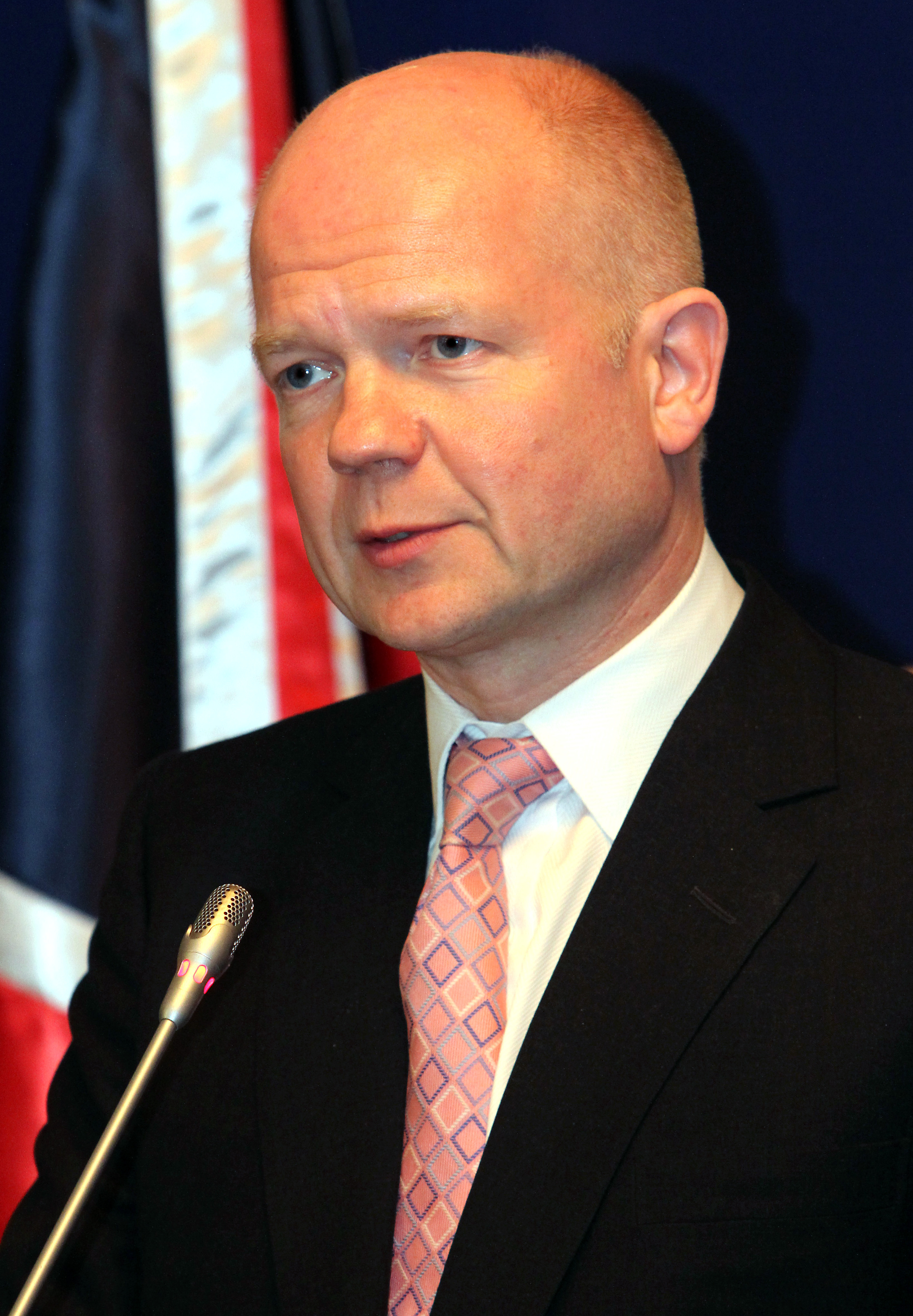 The Foreign Office has come in for a lot of criticism lately, following delays in
getting Britons out Libya. Some argue that it is all William Hague’s fault. Others that the department is unfit for purpose.
The Foreign Office has come in for a lot of criticism lately, following delays in
getting Britons out Libya. Some argue that it is all William Hague’s fault. Others that the department is unfit for purpose.
Both of these views seem a bit unfair. The FCO managed to help Britons in Tunisia and Egypt, and only came up short when the company they had used failed to take off for Libya. True, there should have been a better contract in place – which would give the FCO alternatives – but that hardly translates into systemic failure. True, ministerial divisions between Jeremy Browne, in charge of consular affairs, and Alistair Burt, who runs Middle East policy, did not help. But that’s probably inevitable.
A more damaging criticism is why the FCO – with its diplomats, embassies and analysts – failed to understand how brittle the North African regimes were. But not just the FCO, but also the
Quai, the Auswaertiges Amt and the State Department. Now, Dominique Moisi, one of France’s leading foreign policy thinkers, digs into this question:
If the FCO is to learn the right lessons from the events in North Africa, it must do more than study the consular failures.“Revolutionary ruptures upset diplomats’ familiar habits, both in terms of their personal contacts and, more importantly, in terms of their thinking. A fast-forward thrust into the unknown can be exhilarating, but it is also deeply frightening. In the name of “realism,” diplomats and foreign-policy strategists are naturally conservative. Indeed, it is no accident that Henry Kissinger’s masterpiece, A World Restored, was devoted to the study of the recreation of the world order by the Vienna Congress after the rupture of the French Revolution, followed by the Napoleonic adventures. Is it more difficult to predict, and adjust to, the coming of a fundamental change, than to defend the present order, under the motto of “the devil you know is always preferable to the devil you don’t know!” But, beyond these mental habits lie more structural reasons for the conservatism of foreign policymakers and diplomats. By emphasizing the relations between states and governments over contacts with the opposition or civil societies (when they exist in an identifiable form), traditional diplomacy has created for itself a handicap that is difficult to overcome. By requiring their diplomats to limit their contacts with “alternative” sources of information in a country, in order to avoid antagonizing despotic regimes, governments irremediably limit diplomats’ ability to see change coming, even when it is so close that nothing can be done.”







Comments